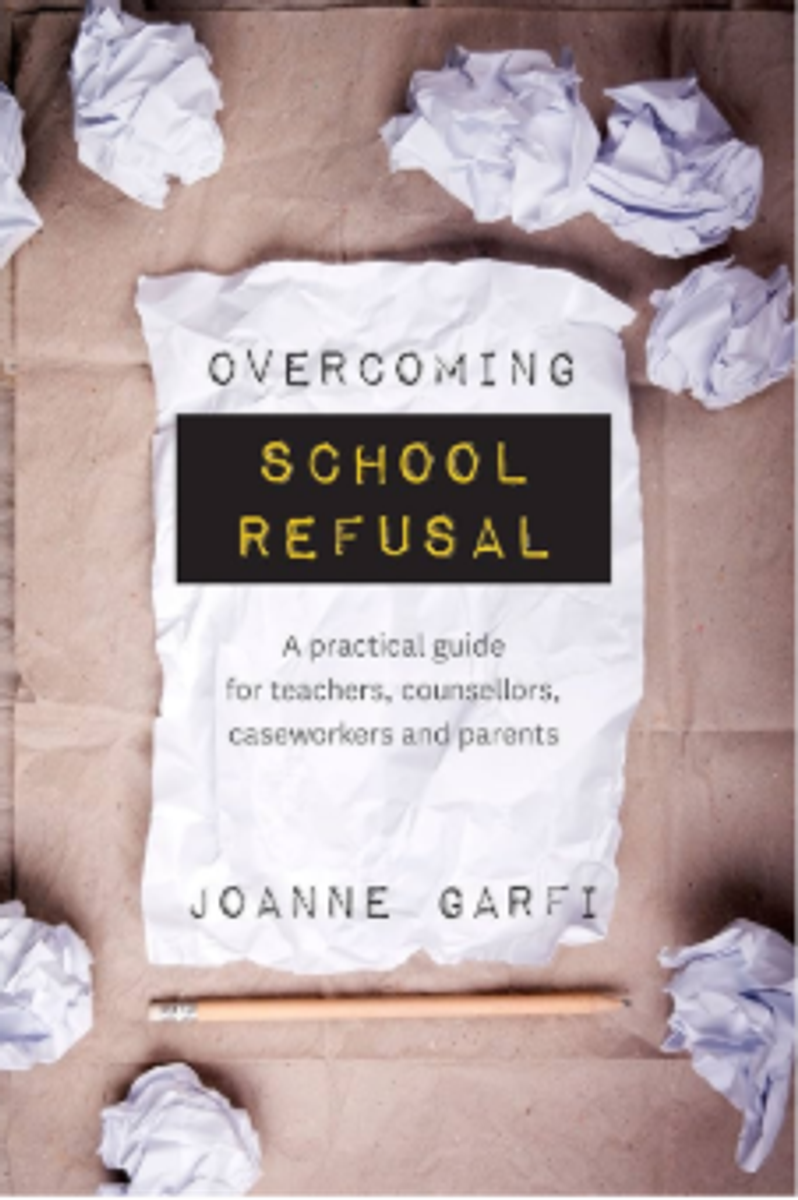Sowing the SEADs of Success

From the Wellbeing and Engagement Team
Encouraging Consistent Attendance: Is It School Anxiety or Tactical Avoidance?
As parents, we all desire the best for our children, hoping they feel safe and successful when we drop them off at school. However, the reality can be more complex, particularly when addressing issues of school anxiety, tactical avoidance and regular attendance.
Consider Sally, for example. She’s a bright and creative 12-year-old with a deep love for art. Yet, lately, the thought of going to school has filled her with anxiety, leading her to make excuses to stay home. Sally’s parents feel this struggle acutely. They understand the importance of attendance for Sally’s academic and social success, but her fears often have them caught in a cycle of negotiating attendance.
Similarly, consider Sarah, a vibrant 15-year-old who loves sports and socialising. Recently, she has developed a pattern of avoiding school, often opting for social activities or staying home instead of facing her upcoming school assignments. She has become skilled at crafting excuses, whether claiming a headache before a math test, arriving tactically late or requesting an early pick-up to avoid academic accountability. Her parents, initially supportive and understanding, now find themselves in a frustrating cycle of school avoidance.
Balancing the need for consistent education with the emotional wellbeing of our children is challenging. However, at Loreto College Marryatville, we believe that the journey toward consistent attendance, while challenging, is one worth pursuing.
It is important to note that parents are legally responsible for ensuring their child's regular school attendance in South Australia for all children aged 6 to 17. In Australia, school attendance is considered a significant issue when a student misses more than 10% of school days in a year. This threshold translates to approximately four weeks of school missed in a typical school year. To support consistent attendance, we will now implement transparent communication regarding your daughter's attendance. This includes contacting you as parents as absenteeism emerges, to discuss and develop an attendance improvement plan. Additionally, at the end of each term, you will receive a summary detailing your daughter’s absences and the corresponding loss of learning opportunities. This information is intended to support conversations and empower you to make informed decisions about your daughter’s education. Similarly, if you are concerned about your daughter’s attendance, please make contact with your daughter’s mentor teacher, LSWAC, or myself to arrange support.
For further information and practical support on school anxiety and attendance, I highly recommend Joanne Garfi's book, Overcoming School Refusal: A Practical Guide for Teachers, Counsellors, and Parents.
This resource is particularly relevant as it is tailored to the Australian schooling context.
Suzie Crowe
Assistant Principal: Wellbeing and Engagement

